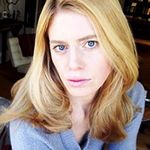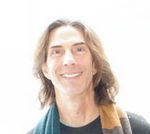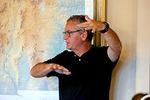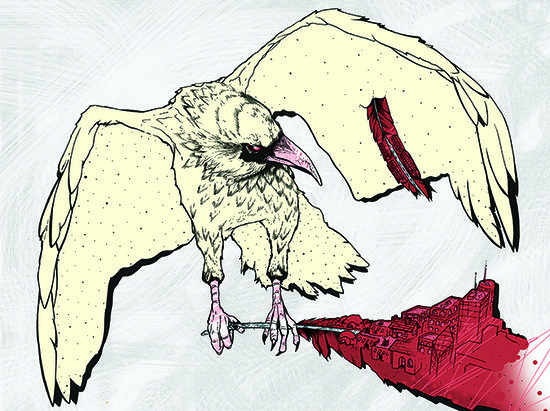SFI Innovation Short Course 2016 - Faculty 2016
From Santa Fe Institute Events Wiki
| Education Event Navigation |

Jordan Brandt, Future Technology
Cofounder and CEO, Inpher, Inc.; Consulting Associate Professor, Stanford University; former Technology Futurist for Autodesk

Jessica Flack, How digital technology affects human social networks
Santa Fe Institute, Resident Faculty
Flack's research focuses on coarse-graining and collective computation in nature and their role in the evolution and development of new levels of biological and social organization and kinds of individuality. In other words, the origins of biological space-time.

Eric Henderson, DNA Origami
Iowa State University, Professor of Genetics, Development, and Cell Biology
Eric teaches, promotes and practices rule breaking (when appropriate), fearlessness, and entrepreneurship in all facets of life. He has been involved in several companies including: Bio Force Nanosciences, Inc., (biotech); Aspera Corp (biotech); Creodyne, llc (tech development); Bumblefunk Music (media); Hello Holdings (Griffle, GriffleGames, Griffle TV; media); eMoJoCo, llc (art and media)
Eric is always looking for challenges and opportunities to work with young entrepreneurs. On the side Eric is a performing musician, fiction writer, tinkerer, and gadget freak. Henderson's laboratory takes an enormously multidisciplinary approach to the study of the interface between biology and nanotechnology (or, more generally, life and technology). This area of inquiry can be labeled either bionanotechnology or synthetic biology. The label is of no importance. What is important is that 3.6 billion years of biological evolution has resulted a vast library of deeply tested pathways to addressing the dreams of nanotechnology. Their challenge is to understand and, in a practical fashion, transfer these insights to the emerging field of bionanotechnology.
Henderson's research team has developed a complex, multidimensional mechanical system made out of DNA for testing molecular bonds and detecting molecular species. They have also developed enhancements to the process of DNA origami that expand the opportunity space for DNA-based nanosystems substantially. Additional ongoing projects involve “shape-shifting” DNA nanodevices and computational methods for generating the tools required to fully exploit the potential of DNA-based nanosystems.

Jose Lobo, Exploring Complexity in Invention: Insights from Studying Patenting
Jose is an External Faculty Member at the Santa Fe Institute and a Professor of Sustainability at Arizona State University.
Patents granted by the U.S. Patent Office, representing a record of inventive activity spanning over 200 years, have become a widely used (and abused!) data source for studying invention and innovation. Several prominent themes in the investigation of technological change informed by complexity science---invention as both a combinatorial and a search process, innovation as an evolutionary process, technology landscapes, technological change as driven mainly by the accumulation of incremental modifications---can be rendered empirical through the use of patent data. In this lecture I will summarize recent research on technological change informed by a complexity perspective which has used patent data. The lecture will emphasize what patent data can inform us about, the insights gained from bringing a complexity perspective to the study of patenting, and the differences between invention in the biological and the socioeconomic-cultural realms, and the current controversy as to whether teh rate of technological change has slowed down.
{border}
Steen Rasmussen - Major impacts of technology on the evolution of human society
Santa Fe Institute External Professor; Professor, Research Director and Center Leader, University of Southern Denmark, Self Organizing Systems
Born July 7, 1955 in Helsingoer (Elsinore), Denmark. Citizen of Denmark. Permanent Residence in U.S.A. (Alien of Extraordinary Ability). Formal education, PhD Physics. Focused on representing, generating, analyzing, and controling self-organizing and related systemic processes as they are manifested in natural and human-made systems. Current and recent projects include assembly of protocells, web-based decision support systems, simulation of critical infrastructure protection, and the development of simple urban dynamics simulations.

